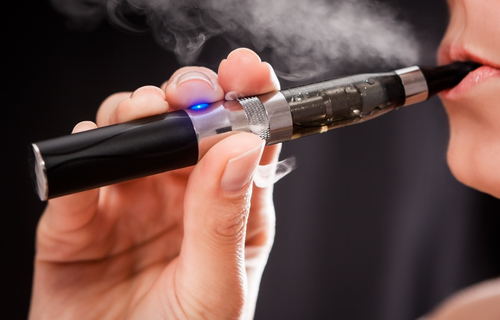The topic of e-cigarettes is smoking in the media—with controversy. The Food and Drug Administration is looking at regulations, and states and municipalities are either banning the use of the electronic smoking devices where regular cigarettes are prohibited or exempting the products from tobacco-use laws.
 |
The problem seems to be that there is no definitive information on their safety or health consequences—or their positive effect on getting employees to quit smoking completely.
Now, according to an article in Forbes, there seems to be a conundrum developing in the area of workplace policy regarding these products. Some companies, such as Wal-Mart, General Electric, and Target, have banned their use, known as “vaping,” in offices, stores, and other facilities.
CVS/Caremark has stopped selling the products, and UPS has started charging its nonunion workers who use e-cigarettes the same rate as smokers of regular tobacco products.
On the other hand, the article reports a few companies, such as McDonalds, do allow use of e-cigarettes in its offices and restaurants.
However, one company has taken a completely different tact—it is giving e-cigarettes to employees as a wellness benefit. Tulsa-based Ebsco Spring Company has a Healthy Living Team, among other teams at the company. The team determined that a third of company employees smoked. They met with the smokers, who said they wanted to try e-cigarettes as a cessation tool, but they were too expensive.
They then met with the CEO, who wanted to quit smoking herself and had failed 15 times, and she agreed to purchase them as part of their wellness initiative. The CEO quit after 31 years of smoking, and so did many employees, who say they are grateful for this gesture by their employer.
Forbes writer Susan Adams says she sees both sides of the e-cigarettes story, although she leans toward workplace restriction, and you and your employees may, too. This conundrum may continue to heat up—electronically, of course.
